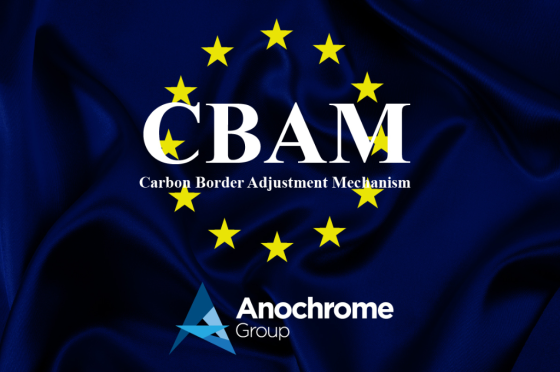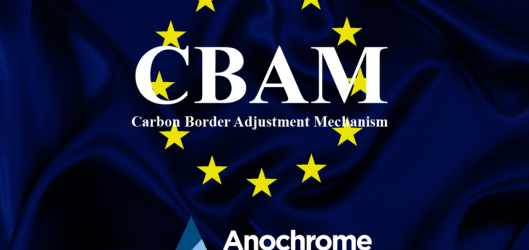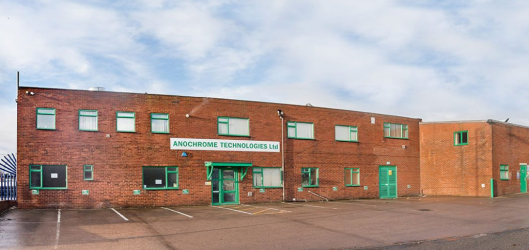
Anochrome Group will assist its customers to meet CBAM obligations on goods imported into the European Union via the Orpheus IT system.
The system can monitor carbon emissions by tracking the weight and quantity of all components being processed. It also features an integrated customer relationship management (CRM) function, enabling real-time updates and order prioritisation. Customers can follow their products through every stage, from order placement to final dispatch.
The company said its four UK-based businesses can provide provide the carbon emissions data, although Anochrome Group is not a CBAM declarant as it is not an EU importer
CBAM is an EU regulation that applies a carbon cost to certain goods imported into the bloc. Under the mechanism, importers must purchase certificates based on the level of carbon emissions embedded in the production of those goods. This also covers emissions generated during post-production processes such as coating and finishing aluminium, iron and steel fasteners and fixings.
“Abiding by the CBAM regulations can be difficult for our customers, who are trying to work out the relevant total carbon cost of goods and parts under CBAM as they progress through the supply chain before eventually being imported by an EU organisation” said Andrew Walker, Group Technical Director at Anochrome. “Supply chains can be complex, and, as a responsible business, we are able to provide the data required to make CBAM easier for our affected customers.”
The EU introduced CBAM to create a more level playing field, as EU-produced goods are already subject to the EU Emissions Trading System (ETS), where businesses may face higher costs if they exceed their emissions cap.
The CBAM transition phase runs until the end of 2025, during which importers must report embedded emissions but do not yet pay a financial adjustment.
Full implementation is scheduled for January 2026, when importers will begin purchasing CBAM certificates to cover the relevant emissions associated with products entering the EU from third countries such as the UK.
Adding further complexity, the UK is also set to introduce its own carbon border adjustment mechanism from January 2027.



